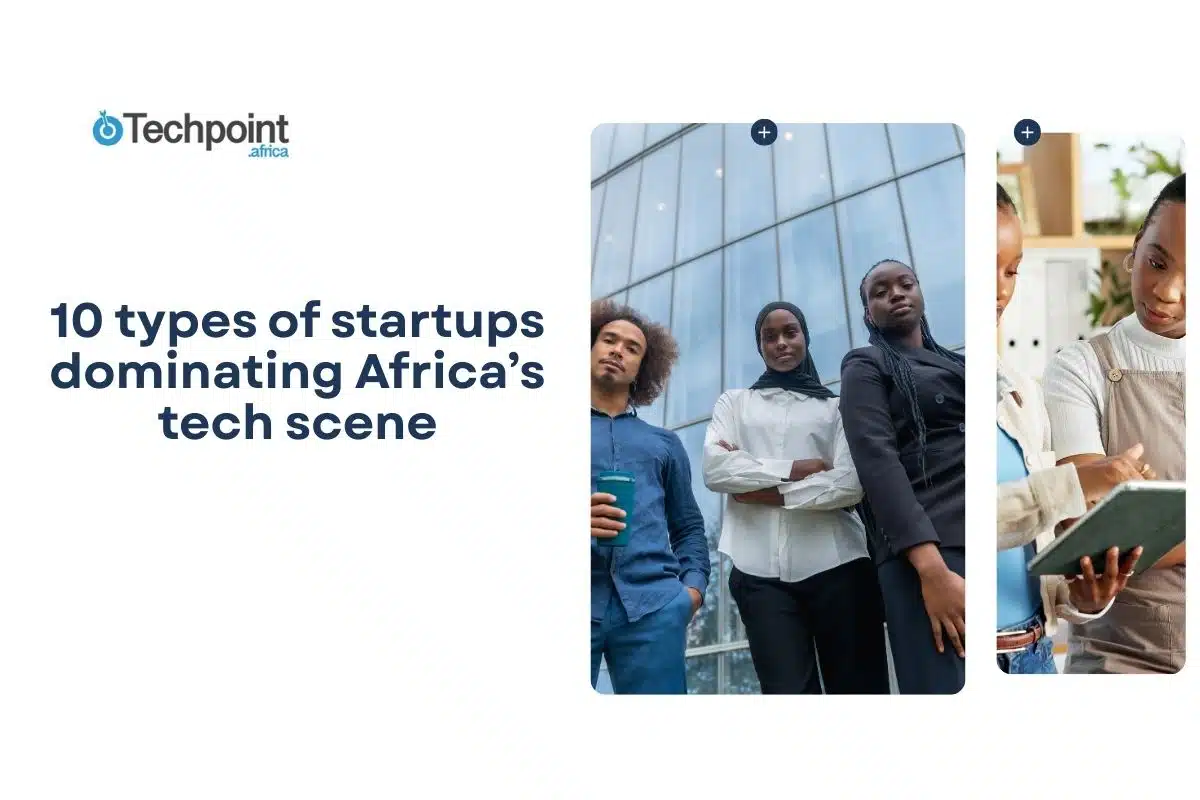Lagos-born Chowdeck has rapidly grown to 1.5 million customers in just four years, thanks to its efficient delivery service. For its next phase of growth, the company is betting on dark stores to power its quick commerce ambitions.
“Chowdeck started because we wanted to deliver meals very quickly. We ventured into delivering groceries and delivering medicines, and we saw that it was increasingly difficult to achieve under 30-minute delivery with supermarkets and pharmacies,” CEO Femi Aluko shared in a chat with Techpoint Africa.
The startup says it has already launched a few dark stores in Lagos, helping drive delivery times for groceries down to 20 minutes or less. It now plans to open 40 more across Nigeria before the end of the year. The move marks a major shift for a company that, since its 2021 launch, has invested minimally in physical infrastructure.
To support this expansion, Chowdeck recently raised a $9 million all-equity Series A round. The funding was led by Novastar Ventures, with participation from Y Combinator, AAIC Investment, Rebel Fund, GFR Fund, Kaleo, and HoaQ.
“Chowdeck is building the future of logistics for African cities by creating a platform that benefits consumers, vendors and riders alike. With deep local insight, a sustainability-first approach and impressive execution, Chowdeck is redefining last-mile delivery on the continent,” Brian Odhiambo, Partner at Novastar Ventures, said in a statement.
Chowdeck’s Series A is one of only a handful of growth-stage deals secured by Nigerian startups this year, highlighting sustained investor confidence in the company’s trajectory. According to Aluko, Chowdeck hadn’t planned to raise a round, but strong traction in 2024 attracted significant investor interest. The startup’s last funding — a $2.5 million seed round — came in April 2024. Aluko declined to disclose the company’s current valuation.
Meanwhile, food delivery remains Chowdeck’s core revenue driver, though the company is increasingly diversifying. In 2024, it launched Chowpass, a monthly subscription that offers perks like free delivery on orders above ₦3,000, reduced service fees, and an ad-free shopping experience. Aluko says it has quickly become a key part of Chowdeck’s business, with over 70% of users renewing their subscriptions each month.
Chowdeck’s ambitions aren’t limited to Nigeria. In May 2025, the company expanded to Ghana — its first market outside the country. By July, it had already hit 1,000 daily deliveries, a milestone that took 11 months to achieve in Nigeria.
“Nigeria was the first time we were launching a consumer product, so there were a lot of learnings that we had to do [and] a lot of growth channels that we had to iterate on. It took us a long time to figure out what marketing channels worked best for us and what customers wanted. We had a thesis initially, and it took us a while to fine-tune that thesis,” Aluko explained.

Victoria Fakiya – Senior Writer
Techpoint Digest
Make your startup impossible to overlook
Discover the proven system to pitch your startup to the media, and finally get noticed.
The company hopes its dark stores will do more than cut delivery times; they’re also expected to reduce delivery fees by minimising the distance between fulfillment hubs and customers. It’s a strategic move aimed at making Chowdeck more competitive in an increasingly crowded space, where it faces pressure from quick-commerce rival Glovo and grocery-focused delivery startups like GoLemon and MyFoodAngels.
The hidden costs of speed

While dark stores offer a promising path for growth, they also come with new operational and financial challenges.
One of the most immediate issues is infrastructure. Commercial real estate in Lagos remains among the most expensive in Africa. Even modest warehouse-style spaces located near high-demand delivery corridors carry steep price tags.
It’s a cost burden that quick-commerce startups around the world have struggled to absorb, often leading to trade-offs between location, scalability, and profitability. For a startup operating on tight margins, securing these logistics hubs could slow down rollout plans or force compromises that affect delivery speed and customer satisfaction.
Labour also presents a hurdle. Unlike traditional storefronts, dark stores rely on backend teams to handle order picking, packing, and coordination, roles that require specialised training. This creates a demand for a larger and more skilled workforce, which raises operating costs.
Then there’s the matter of technology. Dark stores depend on real-time inventory tracking and tight system integrations. Chowdeck says it does not plan to make significant investments in automation for now. However, its recent acquisition of Mira is expected to help improve inventory visibility and reduce inefficiencies. Still, the lack of full automation leaves room for bottlenecks as order volumes scale.
For Chowdeck, the move into dark stores represents a major operational shift. If successful, it could not only solidify its leadership at home but also set a new standard for rapid delivery infrastructure across West Africa, starting with its expansion into Ghana.









